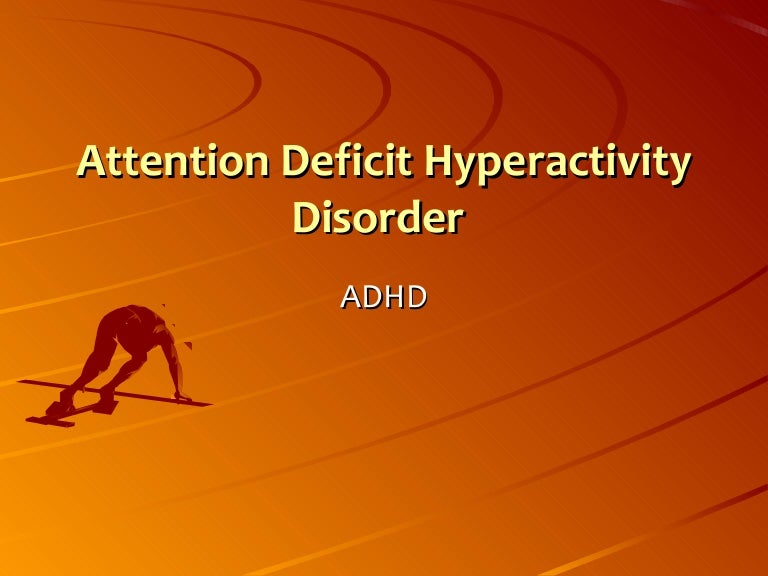

These medications affect the level of dopamine and norepinepherine in the brain, but do this differently than stimulants and norepinepherine reuptake inhibitors. Two types of long-acting alpha-2 agonists have been approved by the FDA for the treatment of ADHD in children: clonidine and guanfacine. (PDF) Alpha-2 adrenergic agonists (clonidine and guanfacine) ADHD is a neurological disorder that causes a range of behavior problems such as difficulties with attending to instruction, focusing on schoolwork, keeping up with assignments, following instructions, completing tasks, and social interaction. Often, children who take atomoxetine are less active and impulsive.

Norepinephrine is a chemical in the brain that is important in controlling attention and impulses. (PDF) Norepinephrine reuptake inhibitors (atomoxetine)Ītomoxetine (Strattera®) is the first non-stimulant medication to be approved by the FDA to treat ADHD. In general, each category of stimulants is equally effective during the period the medication is working. There are two main categories of stimulants: amphetamine compounds and methylphenidate. Make you feel like you have had enough to eat Attention deficit hyperactivity disorder (ADHD) is a common neurodevelopmental issue where people have trouble paying attention and controlling impulses.These drugs stimulate parts of the brain that: Stimulants are the medicines used most often to treat ADHD. Attention-deficit/hyperactivity disorder (ADHD) describes individuals who have problems due to a short attention span, impulsivity, and/or hyperactivity. There are three types of medication used to control the symptoms of ADHD: They do not work as quickly as stimulants, but their effect can last up to 24 hours. Nonstimulants were approved for the treatment of ADHD in 2003. Between 70-80 of children with ADHD have fewer ADHD symptoms when taking these fast-acting medications. Please talk with your child's healthcare provider about the best approach based on your child's condition. Stimulants are the best-known and most widely used ADHD medications. If symptoms are moderate to severe and causing problems at home or at school, your primary care provider may prescribe medicines. Deficient intracortical inhibition in drug-naive children with attention-deficit hyperactivity. If symptoms are mild, the medical team might recommend counseling, behavior therapy or social skills training. Moll GH, Heinrich H, Trott G-E, Wirth S, Rothenberger A. Whether your child will need to take medications depends on many things, including the severity of his symptoms. Have difficulty waiting or taking turnsĬhildren with ADHD-C show at least six symptoms of inattention and at least six symptoms of hyperactivity/impulsivity.Ĭhildren with ADHD-C are hyperactive and impulsive and have trouble paying attention.Have difficulty working or playing quietly.Avoid or dislike tasks that require a lot of thoughtĪDHD predominately hyperactive-impulsive type (ADHD-HI)Ĭhildren with ADHD-HI show at least six of the following symptoms:.Don't pay close attention to details, make careless mistakes.Each type has its own symptoms: ADHD predominately inattentive type (ADHD-I)Ĭhildren with ADHD-I show at least six of the following symptoms:


 0 kommentar(er)
0 kommentar(er)
